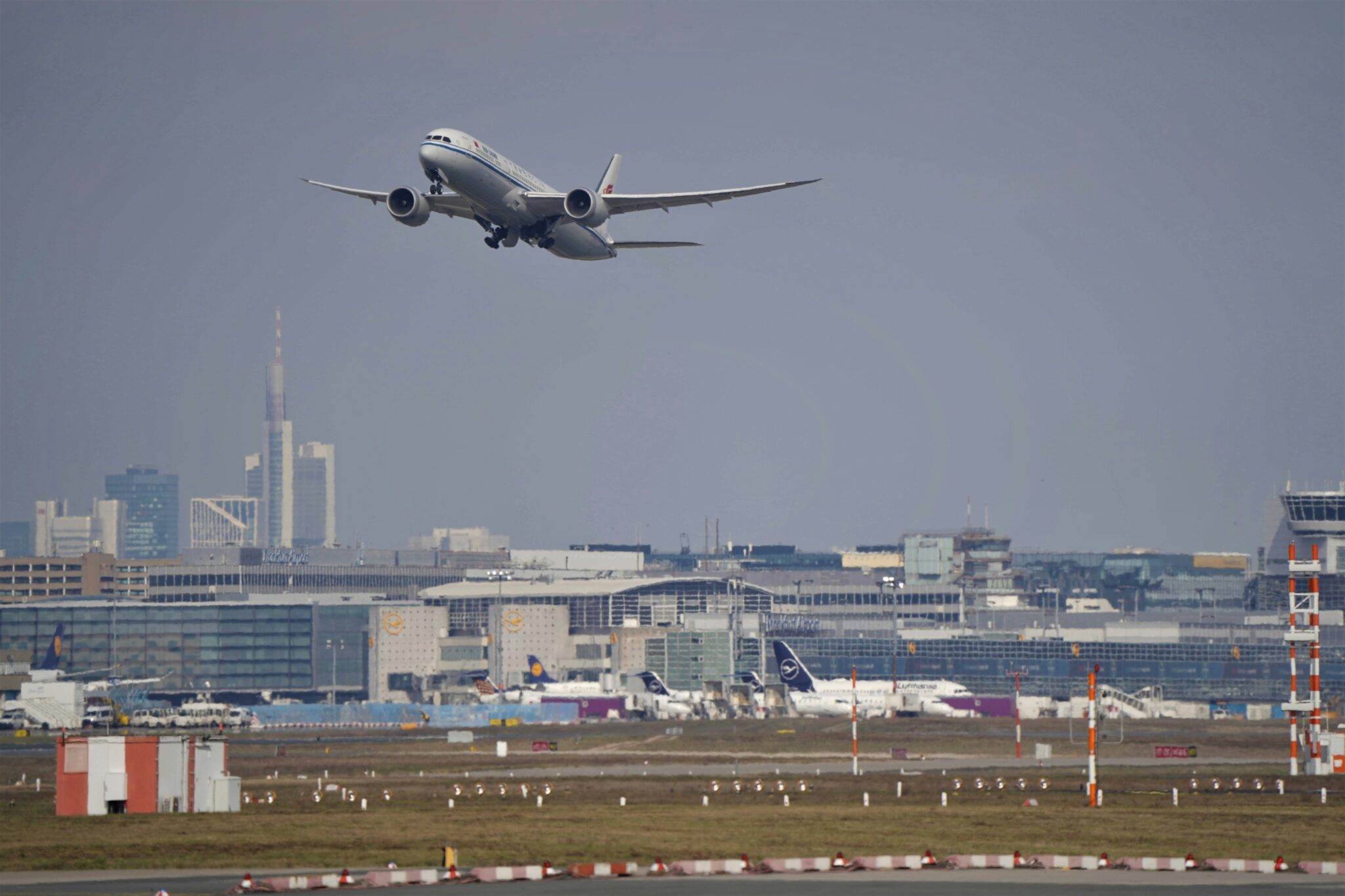Skift Take
The increasing cost pressures to avoid Russian airspace for flights to China have put Western airlines in a difficult situation. This has forced them to consider halting flights to China, which in turn is benefitting Chinese airlines.
In early August, British Airways announced that it would soon stop flying to Beijing â Shanghai is now the only city it flies to in China.
British Airways joins a growing number of airlines pulling out of China. Virgin Atlantic will pull out entirely starting in November. Qantas is leaving too, citing low demand.
What’s driving these exits? Since the Russian invasion of Ukraine in 2022, Western airlines have been prohibited from flying over Russian airspace. Consequently, they must take alternative, longer routes to reach their destinations. The extended flight paths have increased flight durations and resulted in additional expenses, including higher fuel costs and flight crew.
The extended time taken by Western carriers compared to that of Chinese airlines is clear in this illustration.
The British Airways flight between London and Beijing takes roughly 2 hours and 30 minutes longer than the comparable flight from China Southern.
So, what does this mean for Chinese airlines? For starters, they are getting a commercial advantage â the shorter distance means lower costs, which means they can charge lower fares on essential routes such as London-Shanghai, Paris-Beijing, and others.
With Western airlines pulling out and Chinese airlines continuing to increase capacity, Chinese carriers’ market share has been growing.
The share of Chinese airlines has increased since 2019 for flights inbound to China from the top 20 source markets). The only exceptions are flights from the U.S. and Myanmar.
In Australia and Italy, nearly all of the international capacity deployed to China is from Chinese airlines. Indonesia has seen the highest growth in market share by Chinese airlines – they now dominate with an almost 87% share of flights.
Many airline executives have expressed frustration about the unfair competitive advantage that Chinese airlines are enjoying. Speaking to Skift in early June 2024, Chief Executive Office of KLM, Marjan Rintel said, âItâs not a level playing field. It takes another two hours for us, four cockpit crew, and of course, more fuel, which is not the cheapest today. Itâs really frustrating and I think itâs harmful for relationships. We are in an international world and an international competition, so itâs very hard to have restrictions from Europe or Russia that are not valid for others. â
She also said she would be interested in a regulatory intervention to block airlines flying into Europe or the U.S. from overflying Russian airspace en route.
Until a significant intervention occurs, Chinese airlines are expected to expand their market shares and influence in key international markets.

